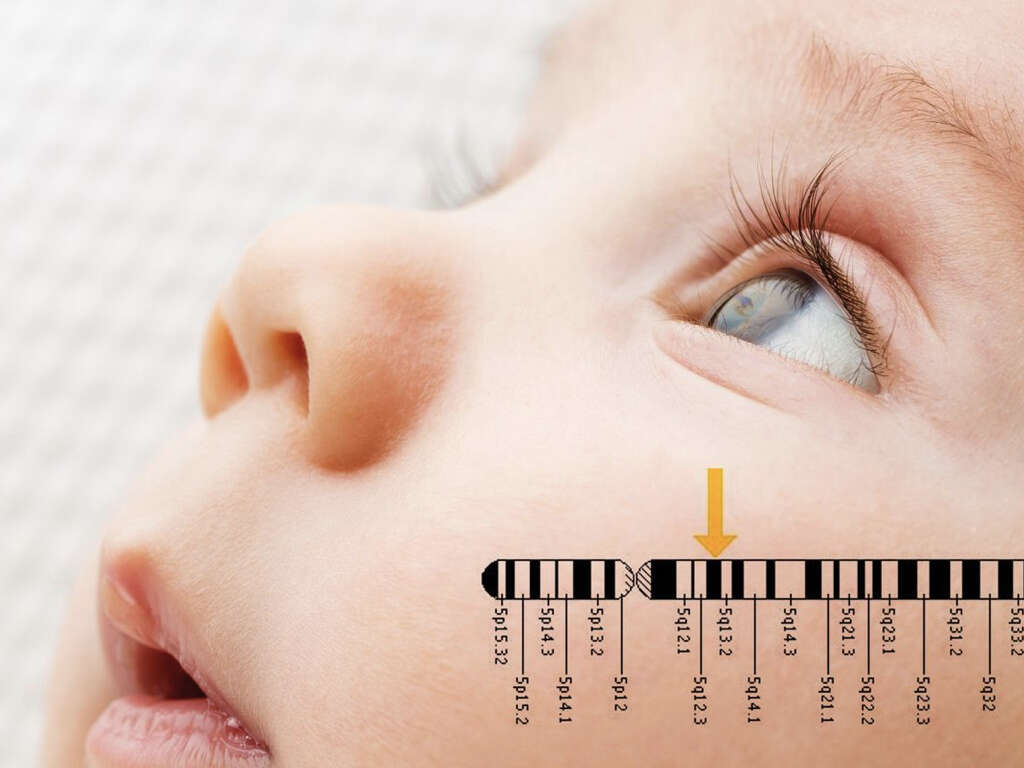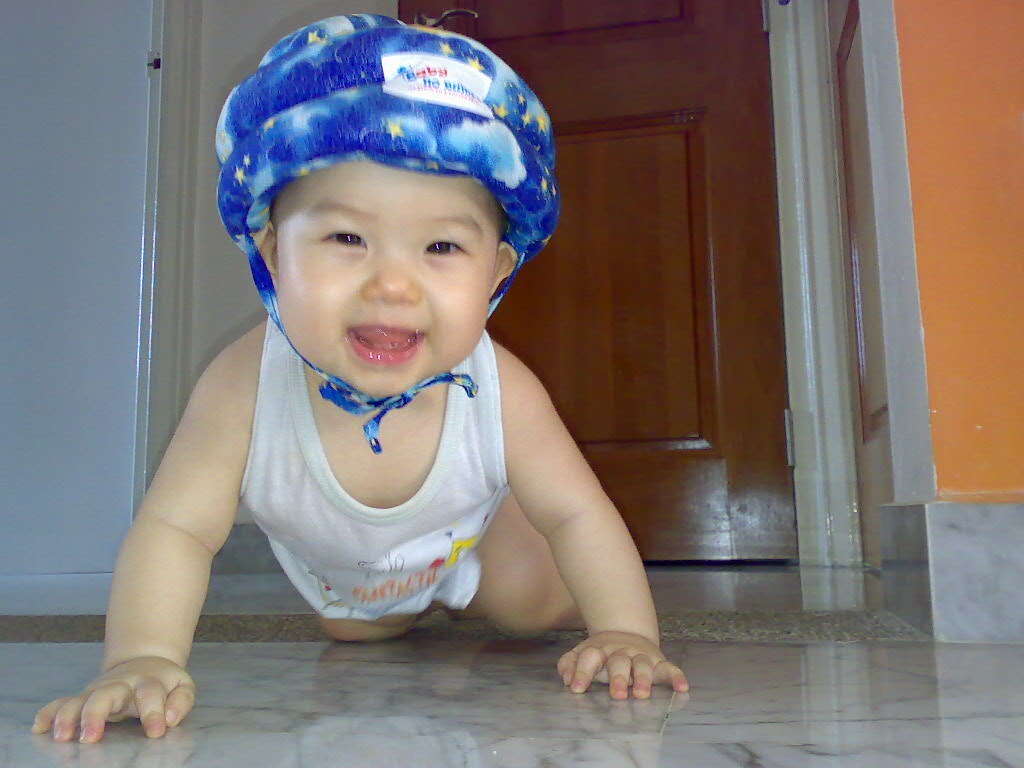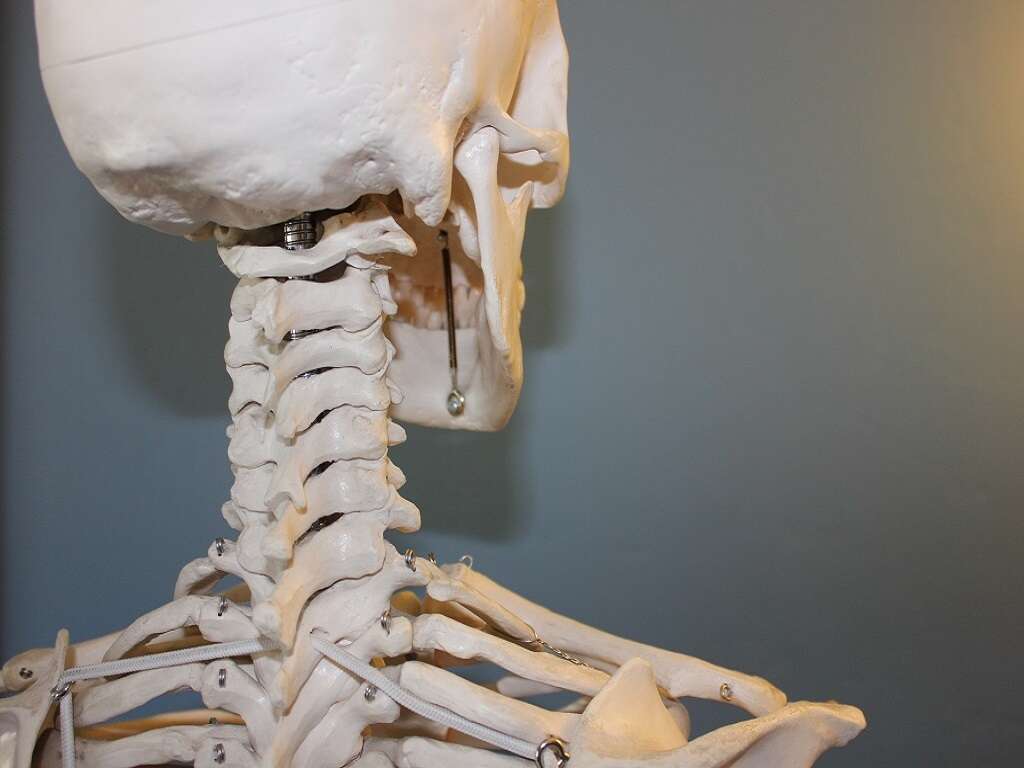10 Apraxia Symptoms
Apraxia is a motor disorder that occurs when there is damage to the brain, especially in the posterior parietal cortex, resulting in difficulty with motor planning. This leads to difficulty performing movements and tasks upon request, despite the individual understanding and willing to perform the task. It is one of the most important yet least understood behavioral neurology syndromes that robs the patients of their abilities to use their skills and tools.
Currently, there is little data that exists regarding the occurrence of apraxia in different age groups. It has been observed to be more common among older age groups due to the increased incidences of dementia and stroke. Patients with apraxia will become dependent on another individual for activities of daily living. They will require some degree of supervision or even skilled nursing.
Patients with apraxia are usually unaware of their deficits and history is usually obtained from both patient and caregivers. Physical and occupational therapy can be greatly beneficial for patients with apraxia.
Symptom #1: Dependence
Patients with apraxia tend to have difficulties with their daily routines as they are unable to perform an action despite being able to explain it. This means that they can give directions on how to perform a specific action but are unable to carry it out themselves. This is also known as ideomotor apraxia.
One good example is that the affected individual will not be able to pick up the phone when asked to but can perform the action when they do it without thinking.
Symptom #2: Conceptual Apraxia
In conceptual apraxia, the patient is unable to plan their task and complete the necessary actions. They are unable to select and carry out the necessary steps to achieve an action. For example, a patient who wants to have buttered toast for breakfast may complete their actions in incorrect orders. This would mean that they might butter their bread before putting it in the toaster. Likewise, they may put on their shoes before socks.
Patients with conceptual apraxia have somewhat lost the idea or concept about the necessary tools or objects. They may try to comb their hair with a toothbrush or write with a screwdriver.

Symptom #3: Poor Coordination
Motor coordination refers to the combination of kinetic and kinematic body movements that results in intended actions. Coordination is achieved when the movements of several body parts are combined to lead to an intended action or goal. Coordination involves the integration of proprioceptive information, position, movement of the body, neural processes, control, planning, and relay of motor commands by the central nervous system.
Patients with apraxia may experience gait apraxia, where there is loss of ability to retain normal function of the lower limbs such as walking or running. It is important to note that the inability to walk is not due to the loss of sensory or motor functions.
Symptom #4: Clumsiness
Clumsiness refers to the likelihood or greater predisposition of the affected person to experience accidents such as falls. Normal causes of clumsiness can be attributed to absent-mindedness, impulsivity, carelessness, predisposition to risk taking behavior, and more. However, clumsiness can also be seen in patients suffering from certain disorders such as Parkinson’s disease, cerebral palsy, brain tumors, stroke, multiple sclerosis, and more.
In patients with apraxia, the clumsiness can be attributed to poor coordination, issues with gait, and impairment of the voluntary movements of the extremities (limb-kinetic apraxia).

Symptom #5: Developmental Speech Delay
Speech and language development are a crucial part of a child’s growth. Language and speech can impact the child’s behavior, social interactions, and academic skills. All children are expected to meet certain milestones as they grow. For example, milestones that demonstrate normal speech development are crying at birth, cooing at two to three months of age, babbling at six months, shouts for attention at ten months, and saying one to two words by the age of 12 months.
Children with apraxia often have a delayed onset of speech development along with a limited number of spoken words. These symptoms are most prominent between the ages of 18 to 24 months and should prompt medical professionals to suspect childhood apraxia of speech.
Symptom #6: Speech Inconsistencies
Patients with apraxia, especially children, may experience speech inconsistencies where there are vowel and consonant distortions, voicing errors, and separation of syllables between words. For example, the word “pie” can sound as if they are saying “bye.”
These individuals also have difficulty moving from one syllable, word, or sound to another. There is also improper stressing in a word where the word “banana” is pronounced as “buh-nan-uh” instead of “buh-NAN-uh.” There can also be equal emphasis on all syllables resulting in “BUH-NAN-UH.” Other speech inconsistencies include making different errors when they are trying to say the same word multiple times.

Symptom #7: Excessive Use of Nonverbal Communication
Nonverbal communication is the transmission of information through tactile, visual, or physical channels. It involves the use of body language, touch, distance, appearance, and more. It can also include eye contact, patterns of fixations, blink rate, and so on. Nonverbal communication takes into account facial expressions, posture, tone of voice, gestures, and body movements.
Culture is an important factor in nonverbal communication as it helps to influence learning, interpersonal interactions, and cultural values. In patients with apraxia, there is excessive use of nonverbal communication as a means of expressing themselves.
Symptom #8: Limited Vocabulary
Vocabulary refers to a set of words that is known in a person’s language. A person’s vocabulary develops with age and can serve as a fundamental and useful tool for communication and to acquire knowledge.
In patients or children with apraxia, there is difficulty understanding speech and issues with learning or expanding vocabulary. There will also be issues with correct grammar when they are trying to put words together to form a phrase or sentence.

Symptom #9: Difficulty Chewing and Swallowing
Chewing or mastication refers to the crushing and grounding of food using the teeth. It is the first step of digestion, allowing the food to start breaking down with the help of enzymes in the mouth. During the chewing process, the food is placed between the teeth for grinding, where the muscles involved move the jaws to repeatedly occlude and open.
Swallowing or deglutition refers to the process where the human or animal allows the passing of the substance from the mouth into the esophagus and stomach. It is an important process of eating and drinking. When the process fails, choking, pulmonary aspiration, or vomiting can occur. In patients with apraxia, there can be difficulty with swallowing and chewing.
Symptom #10: Constructional Apraxia
Constructional apraxia refers to the inability or trouble with assembling, building, or drawing objects. Apraxia is a neurological condition where the affected individual is unable to perform the task even when they understand how to and want to complete it.
Constructional apraxia can be seen in patients who have lesions in the parietal lobe after suffering a stroke or as an indication of possible Alzheimer’s disease. Since drawing abilities can be broken down into three main steps—the visual perception of the image, visual imagery, and lastly graphic production—damage to the parietal lobe correlates with constructional apraxia, since it plays a role in drawing and copying.











